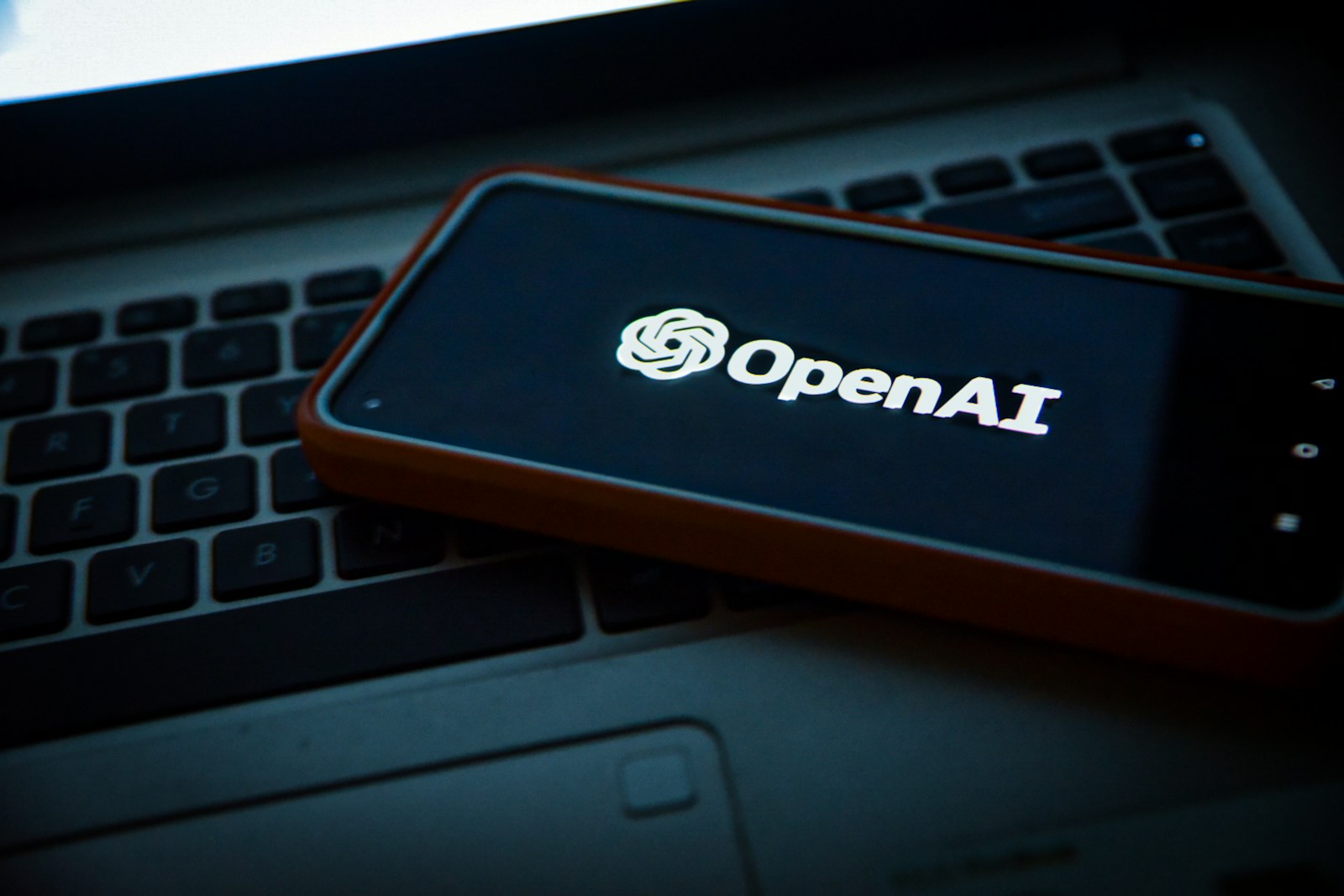ChatGPT Sessions: A Private Confession or Public Record? OpenAI CEO Warns of Confidentiality Gaps

Abu Dhabi, UAE – In an age where artificial intelligence is increasingly woven into the fabric of daily life, offering everything from productivity boosts to emotional support, a stark warning from OpenAI CEO Sam Altman has cast a critical spotlight on the true nature of privacy in AI chats. This revelation underscores a significant legal and ethical void in the rapidly evolving landscape of AI-human interaction.
Millions worldwide, particularly younger individuals, have embraced AI chatbots like ChatGPT as digital confidantes, life coaches, and even therapists. Users pour out their most sensitive details, seeking advice on their problems, personal challenges, and mental health struggles. The convenience and perceived non-judgmental nature of AI make it an appealing avenue for emotional processing. However, Altman’s remarks on a recent podcast highlight a crucial distinction: the legal safeguards that protect conversations with licensed human professionals do not currently extend to AI.
“If you talk to a therapist or a lawyer or a doctor about those problems, there’s legal privilege for it,” Altman stated, emphasizing the doctor-patient or attorney-client confidentiality that underpins traditional professional relationships. “And we haven’t figured that out yet for when you talk to ChatGPT.” This “screwed up” reality, as Altman described it, means that if a user discusses highly sensitive information with ChatGPT and subsequently becomes involved in a lawsuit, OpenAI could be legally compelled to produce those conversations as evidence.
Unlike secure, end-to-end encrypted messaging platforms, ChatGPT conversations are not entirely private. OpenAI retains the ability to access and review these chats, primarily for improving the AI model and preventing misuse. While the company states that deleted chats from free-tier accounts are typically removed within 30 days, critical exceptions exist. OpenAI’s privacy policy explicitly notes that data may be retained for “legal or security reasons.” A prominent example of this came to light with the 2023 lawsuit filed by The New York Times against OpenAI, where a court ordered OpenAI to preserve all related chat data, potentially conflicting with general deletion policies.
The CEO’s warning comes amidst a broader societal trend of increasing reliance on AI for sensitive advice, including medical and financial guidance. This growing adoption outpaces the development of a robust legal and policy framework to govern AI interactions, creating a perilous legal grey area. Policymakers, Altman noted, agree that this privacy gap is a “huge issue” requiring urgent action.
For businesses integrating AI into their services, especially those venturing into advisory or supportive roles, Altman’s warning serves as a critical wake-up call. The legal landscape is still catching up with technological advancements, making proactive legal guidance indispensable.
The era of AI therapy is undeniably here, offering new avenues for support and information. However, the legal and ethical implications, particularly concerning privacy and confidentiality, remain largely uncharted territory. OpenAI CEO Sam Altman’s candid warning serves as a crucial reminder: until a robust legal framework catches up with technological prowess, users must proceed with caution, and businesses must prioritize transparency and legal diligence to protect both their users and their operations. The time for a comprehensive “privacy rethink” in the age of AI is now, and legal professionals are at the forefront of guiding this essential evolution.
As lawyers, we at ABS Partners Legal Consultants could provide comprehensive support to businesses dealing with the complexities of AI. Our guidance includes auditing AI usage and data flows to understand provider policies and security, developing robust privacy policies and user agreements that transparently communicate AI’s confidentiality limitations, and implementing data minimization and anonymization strategies.
By entering the email address you agree to our Privacy Policy.



